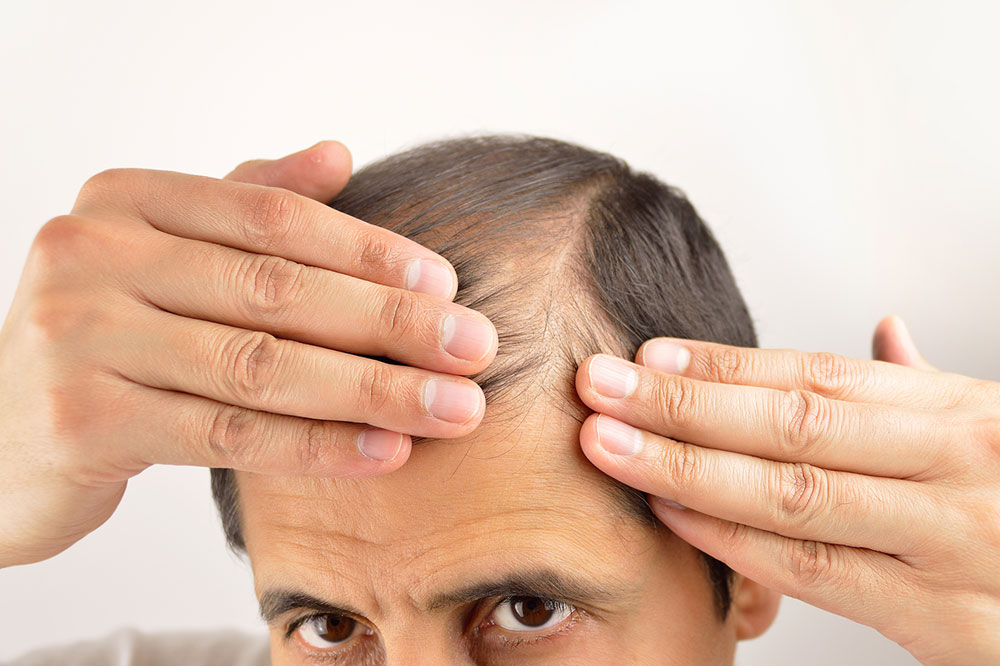6 warning signs of sleep deprivation

Sleep deprivation occurs when one gets less sleep than what their body needs. Health experts say adults require at least seven hours of sleep, while children might need about nine hours. The amount of sleep needed can also vary depending on pre-existing health conditions, activity levels, and other factors. When one does not sleep enough, it affects memory and blood pressure and causes tiredness and other symptoms in the long run.
Gradual changes in sleep patterns
Sleep pattern changes are often one of the first signs of sleep deprivation. These changes occur slowly over time. For instance, one may fall asleep when they do not intend to, such as while reading the newspaper or watching TV. Sometimes, one may sleep for long hours during the weekend or take multiple naps without intending to. This is quite normal once in a while or when recovering from illnesses like the flu. But, when these patterns occur repeatedly over time, it could mean one is not sleeping enough at night.
Changes in energy levels and mood
With sleep deprivation, the body does not get enough rest. A lack of rest can increase cortisol and other stress-related chemicals in the body. When that happens, one may consistently feel irritable, have sudden mood swings, and continuously have low motivation levels. Even when performing a favorite activity or hobby, one may not be happy or peaceful. Feeling fatigued or lethargic throughout the day with frequent yawning is another sign to look out for.
Psychosis
Prolonged sleep deprivation has been known to induce psychosis, where one may experience subtle to intense changes in their perception of reality. The patient may also have delusions and hallucinations, and their thoughts and speech may become disorganized.
Changes in memory and thinking
Sleep deprivation makes concentrating difficult because the brain does not get enough rest. One’s memory may also be affected, making remembering difficult. Sometimes, the individual may not be able to process information at a normal pace and take too much time to understand directions. The disruption in the brain’s function may also cause poor coordination and balance.
Increased appetite
Severe sleep deprivation for a long time raises a hormone called ghrelin, which can increase appetite. At the same time, the level of another hormone known as leptin starts declining. Due to this, one feels hungry even after eating a complete meal. One also starts having intense cravings for high-calorie foods and foods with high levels of caffeine.
Frequent infections
Sleep and the immune system are closely linked. Prolonged sleep deprivation impairs the immune system’s functioning, increasing susceptibility to infections. Lack of sleep can also cause chronic low-grade inflammation in the body, leading to immunodeficiency, which can severely impact overall health.






